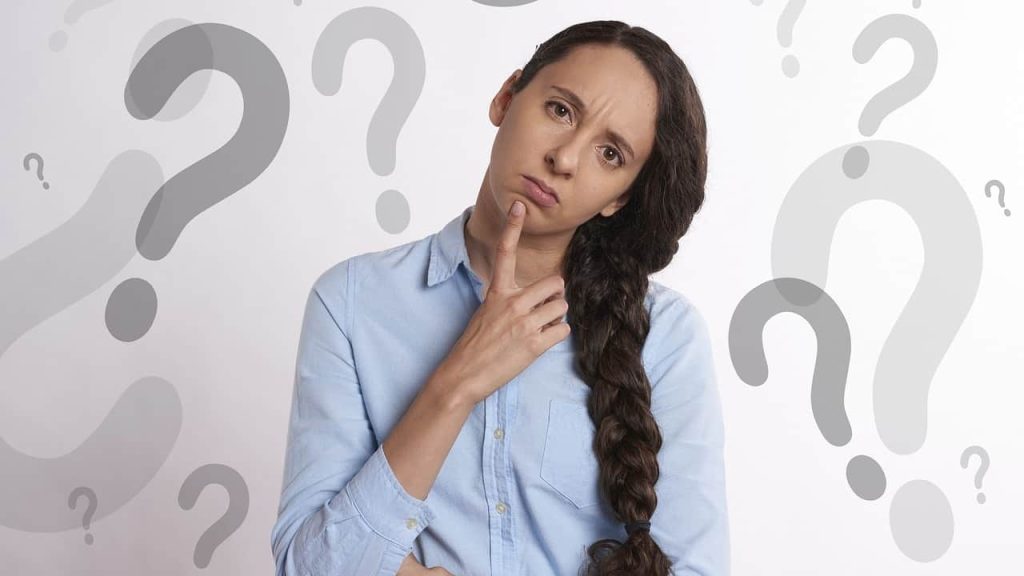Getting food stamps, also known as SNAP (Supplemental Nutrition Assistance Program), can be a big help when you’re having trouble affording groceries. It’s natural to have questions about how it all works, and one of the most common concerns is: will the government, or food stamps specifically, contact your landlord? This essay will break down the ins and outs of SNAP and address some common misconceptions, especially focusing on whether your landlord will be getting a phone call.
The Straight Answer: Will SNAP Contact My Landlord?
No, food stamps will not call your landlord. The purpose of SNAP is to provide food assistance, and they don’t need to involve your landlord in that process. Your landlord has nothing to do with your eligibility or use of food stamps.

How SNAP Works: Eligibility and Application
To understand why your landlord isn’t involved, let’s look at how SNAP works. First, you have to apply. This usually involves filling out an application form, which you can often do online, in person, or by mail. The application asks for details about your household, like income, expenses, and the number of people you live with. The government then reviews your application to see if you qualify.
Eligibility is based on several factors. They look at things like your income, resources (like bank accounts), and the number of people in your household. Different states have slightly different rules, so it’s essential to check the specific requirements for your state. SNAP aims to help people with limited financial resources access nutritious food.
After your application is approved, you’ll receive SNAP benefits, usually in the form of an EBT (Electronic Benefit Transfer) card. You can use this card like a debit card at authorized grocery stores and farmers’ markets to buy eligible food items.
The application process generally includes providing proof of the following:
- Identification (like a driver’s license or state ID)
- Proof of income (pay stubs, tax returns)
- Information about your household members
- Proof of expenses (rent, utilities)
What Information Does SNAP Need?
When you apply for SNAP, the main thing they’re interested in is your financial situation. They need to know how much money you make, how much you spend on things like rent, and the number of people who live with you. This information helps them determine if you meet the eligibility requirements. They don’t need to know anything about your landlord’s opinions or whether your landlord even knows you get food stamps.
SNAP is focused on helping individuals and families with their food needs. The agency isn’t concerned about your housing situation directly, unless it affects your expenses and thus your eligibility. Your landlord is not involved in any of this.
The application process, as mentioned earlier, requires you to provide certain documentation to verify the information you provide. However, this documentation doesn’t involve your landlord. Instead, it asks for things like pay stubs or bank statements, which is directly related to your financial standing.
Here’s a quick look at some of the financial information they might ask for:
- Gross monthly income
- Monthly rent or mortgage payment
- Utility expenses (electricity, gas, water)
- Childcare costs (if applicable)
Landlord’s Role (or Lack Thereof)
Your landlord is not involved in the food stamps process. They don’t receive any information about your SNAP benefits, and they aren’t asked to verify anything. Your landlord’s role is simply to provide housing, not to monitor or manage your finances or access to food assistance programs.
The government is very careful to protect your privacy. Information about your SNAP benefits is confidential. No one (including your landlord) can access your SNAP information unless you choose to share it.
The relationship you have with your landlord is separate from your eligibility for SNAP. Your landlord can’t evict you or treat you differently simply because you receive food stamps. That would be considered discrimination.
Here’s a table that shows the main areas and parties involved in SNAP. Notice the absence of your landlord.
| Party | Role |
|---|---|
| Applicant | Applies for SNAP, provides financial information |
| Government (SNAP Agency) | Reviews applications, determines eligibility, issues benefits |
| Authorized Retailers (Grocery stores, etc.) | Accept EBT cards for eligible food purchases |
Common Misconceptions about SNAP
There are lots of rumors and myths surrounding food stamps. One common misconception is that SNAP will contact your landlord. But, as we have discussed, this is simply not true. This misunderstanding might arise because people assume that the government needs to know everything about your life to offer food stamps, but that’s not the case.
Another misconception is that if you get food stamps, your landlord will automatically know. Unless you tell your landlord, they won’t know. It’s your private business, and the government respects your privacy.
Some people believe that receiving food stamps makes them a “bad tenant,” but that’s completely wrong. Food stamps are about helping people afford food, not judging their character or their ability to pay rent on time. Landlords cannot legally discriminate based on someone’s use of food stamps.
Remember, these programs are in place to help people in need.
- SNAP is there to help individuals and families with the expenses of food.
- There’s no shame in needing assistance when you’re going through hard times.
- You have the right to privacy when using SNAP.
In conclusion, rest assured that SNAP won’t be calling your landlord. Food stamps are a confidential program designed to help individuals and families access nutritious food. Your landlord plays no part in the process. You apply, you are approved if you meet the requirements, and you receive benefits. That’s it. There’s no need to worry about your landlord finding out or getting involved. You can use your EBT card with confidence knowing it’s between you and the grocery store.